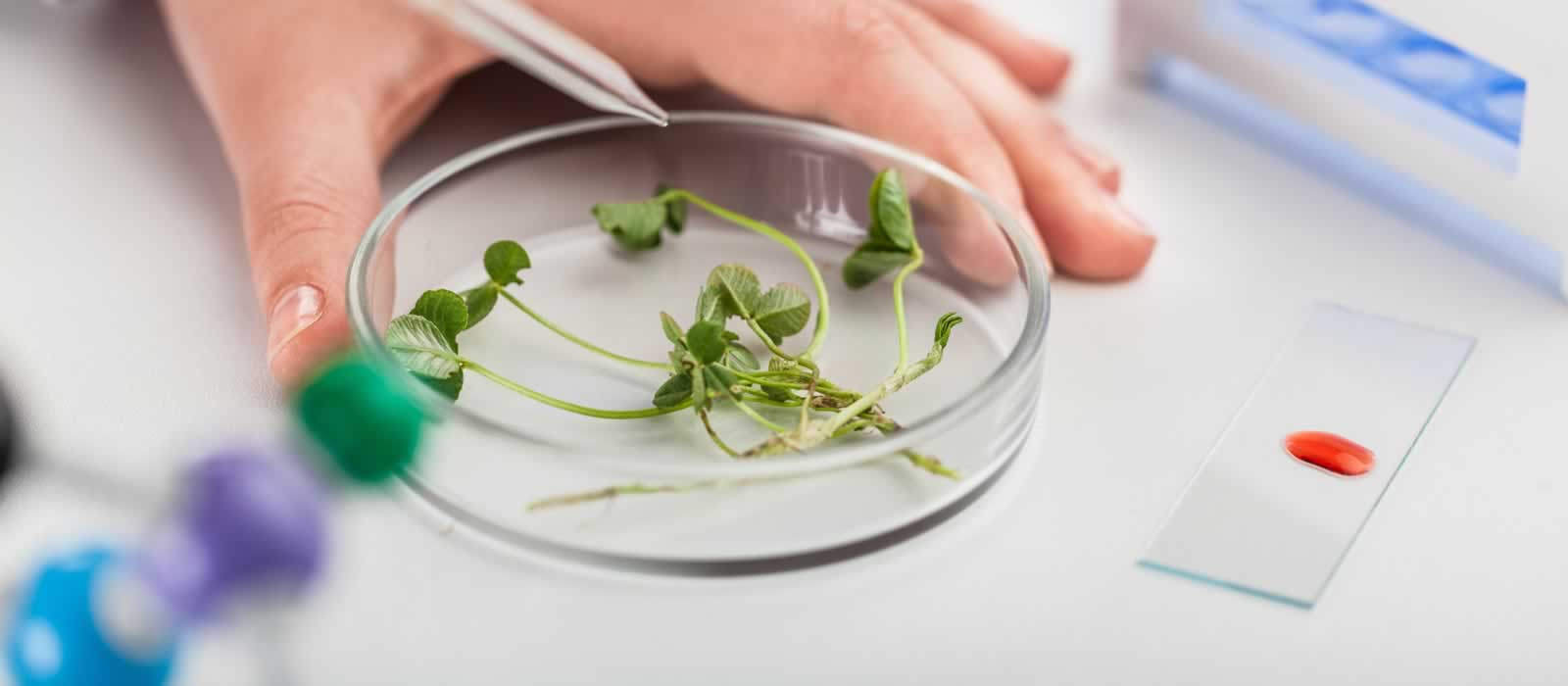-
Application Deadline: Apply now for early application and funding consideration. Applications are reviewed as they are submitted and offers of admission made until the program is full or until July 1.
-
Length: 4 years
-
Entry Terms: Fall, Summer, Winter
-
Pathways: Thesis
-
Experiential Learning: Field Work, Lab work
You can pursue a PhD in biology or also specialize in chemical or environmental toxicology. Graduate students benefit from our membership in the Ottawa-Carleton Institute for Biology (OCIB) which is joint research-intensive collaboration with the University of Ottawa. The Institute is one of the largest centres in Canada for graduate studies and research in the biological sciences. Learn more about Ottawa-Carleton Joint Institutes.
Faculty in the Department of Biology also have extensive experience and do cutting-edge research in the field of biochemistry.
Collaborative Specializations in Biochemistry and Chemical and Environmental Toxicology are also available.
Capital Advantage
Ottawa is home to several government departments such as Agriculture Canada, The Canadian Food Inspection Agency, Health Canada, Fisheries and Oceans Canada or Environment Canada that are involved with research and areas of concern to our students. As well, over 100 companies are conducting research in medical, agricultural and environmental biotechnology. Associations with these organizations, as well as with the National Capital Commission, national museums and the National Research Council Canada, provide an unparalleled background for study and career opportunities. The biology department is well-equipped with the latest technology while the Nesbitt Biology Building houses an aquatics research facility, controlled-environment rooms and growth chambers and extensive greenhouses. The National Wildlife Research Centre laboratories are also situated at Carleton.
Fields of Specialization & Research Highlights
- Biochemistry and Physiology
- Bioinformatics and Genomics
- Ecology, Evolution and Conservation
- Molecular Biology and Genetics
- Neurobiology and Behaviour
Contact Information
Graduate Administrator (Biology): biology@carleton.ca
(613) 520-2600 ext. 8814





